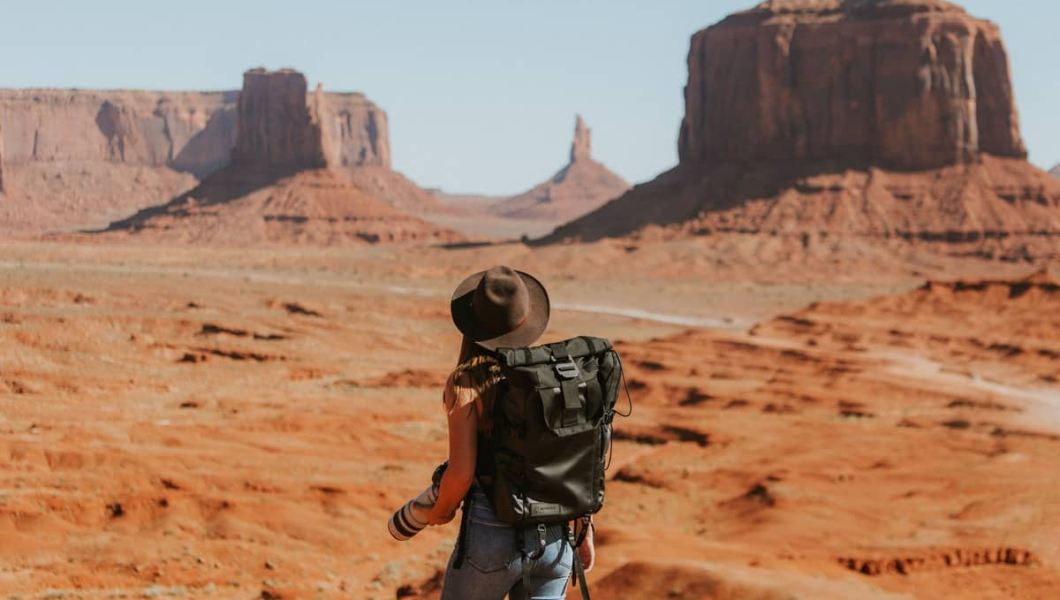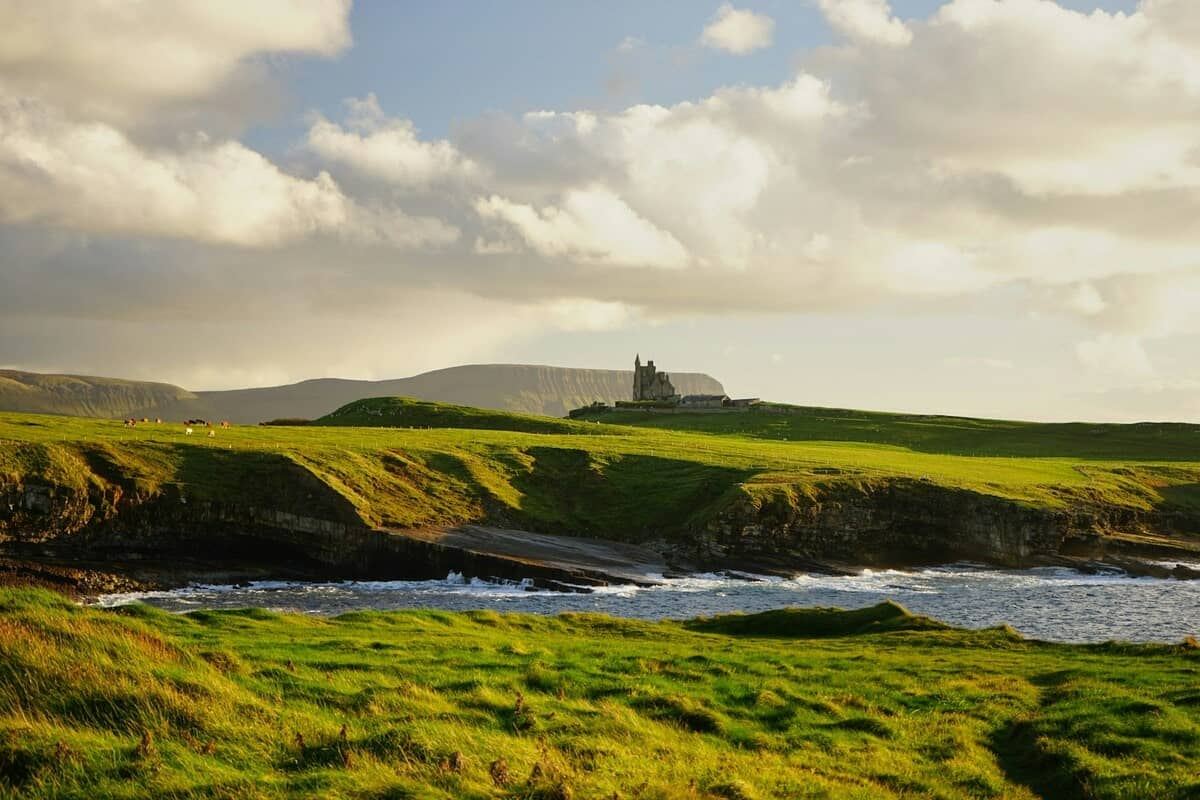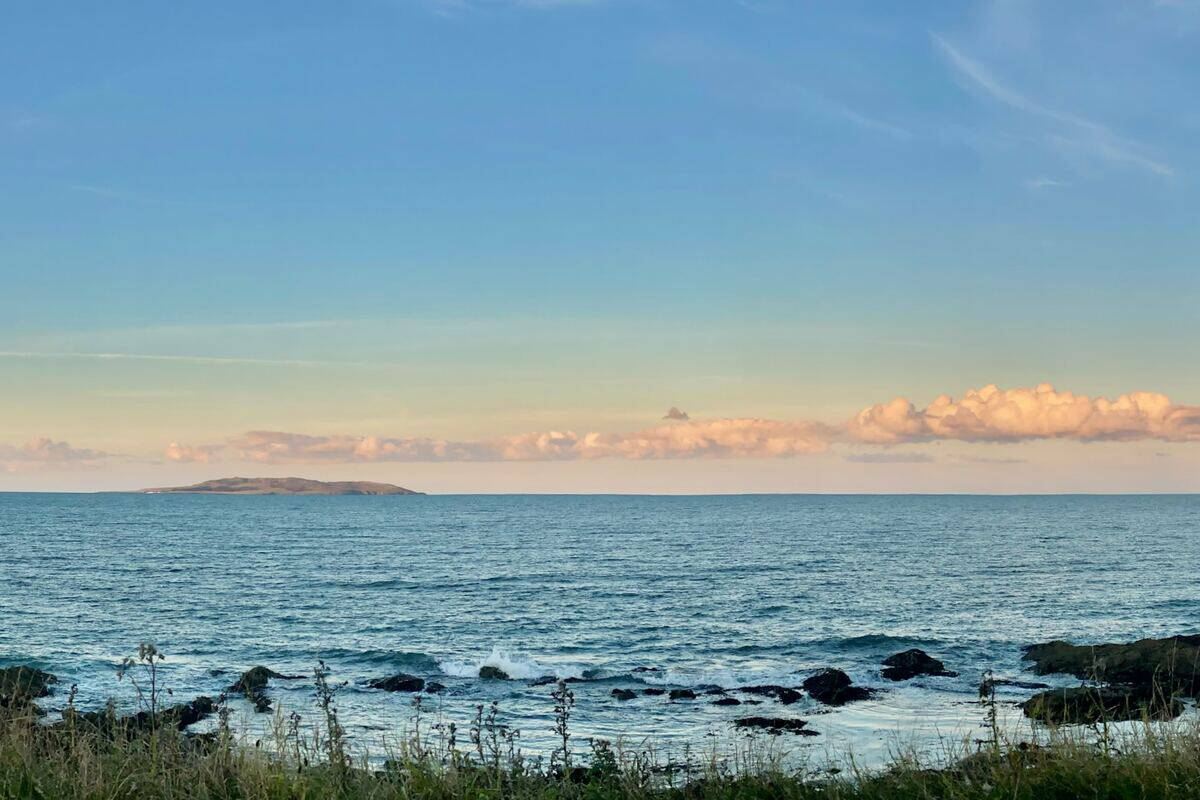City Tips
Book now

Travelling Alone for the First Time
Travelling alone for the first time can be an intimidating experience, but with the right preparation and research, you can make sure you have a safe and enjoyable solo journey. From researching the destination and its culture to packing the essential items, and understanding safety precautions, this guide will provide you with the necessary tips to ensure a successful trip.
With the right preparation, travelling alone for the first time can be a rewarding and empowering experience.
How to plan your solo trip
To ensure your trip is as enjoyable and stress-free as possible, it is important to plan. Here are some top tips to help you prepare for your solo trip:
1. Pick a country used to foreigners
Picking a country used to foreigners is an essential part of any solo travel experience. A country with a well-developed tourism industry is llikely to be more welcoming and have an accommodating atmosphere. This can make the transition to a new culture and lifestyle much smoother. In addition, having a population that is used to foreigners may make it easier to meet locals and other travellers, which can be beneficial for making connections and gaining insight into the culture and customs of the country.

2. Research the destination and its culture
Before embarking on a solo journey, it is essential to thoroughly research the destination and its culture. Familiarising yourself with the local language, customs, and expectations can help you navigate without getting lost and make sure you don’t feel out of place. Understanding the culture can also assist you with forming relationships and making the experience more enjoyable. Investigating the area can also help you spot any possible safety concerns, allowing you to take the necessary measures. The local embassy or consulate is an excellent source of information.
3. Familiarise yourself with local laws and customs
Before travelling, take the time to research the rules and regulations to ensure a more positive and hassle-free experience. Familiarise yourself with the cultural norms of the area by learning about the dress codes, customary greetings, and traditional customs. Knowing the laws of the country you are visiting is essential to avoid any legal trouble. Additionally, understanding the customs and traditions of the local culture will help you to show respect and avoid any unintended offence. Preparing yourself with this information before embarking on your journey will provide a smoother experience and help you to enjoy your trip.
4. Learn a few phrases in the local language
While English is spoken in many destinations, it is always helpful to know a few phrases in the local language. It can help you get around more easily and make it easier to communicate with locals. It can also be a great way to make connections with people you meet on your travels and make your experience more memorable. You may even find that locals appreciate your efforts to learn their language and are more willing to help you out if you can communicate in their language.

5. Plan a budget and stick to it
Planning a budget and sticking to it is an important part of travelling, as it can help you stay on top of your expenses and prevent you from overspending. Your budget should include accommodation (if not paid in advance), food, but also activities, souvenirs, and any other expenses. Also, having a budget in place will help you prioritise what you want to do and see while travelling, so you can make the most of your time and money. Finally, sticking to a budget will ensure you don’t return home with an empty wallet.
6. Research the best places to stay, eat and shop
By taking the time to research the best places to stay, eat, and shop before your trip, you can ensure a secure and enjoyable experience. You can uncover safe, affordable options, as well as potential discounts and special offers. You can also avoid tourist traps and discover the best local activities. Doing your research ahead of time will make for a stress-free and memorable holiday.
7. Prepare a list of attractions and activities to enjoy
Preparing a list of attractions and activities to enjoy in the area where you are travelling to can help make the experience more enjoyable, and provide a sense of security. Having a list of activities to do will give you a plan to follow, which can make it easier to adjust to a new environment. Additionally, it will ensure that you can make the most of your time and experience as many different activities and attractions as possible.

8. Plan a reasonable itinerary
Planning a reasonable itinerary ensures that you are not overwhelmed or stressed out. It also allows you to get the most out of your trip and make sure that you are not missing any important places or experiences. Having an itinerary also allows you to plan your budget and figure out how much money you will need for your trip. Finally, having a reasonable itinerary can give you peace of mind knowing that you have thought through each step of your journey, allowing you to enjoy your adventure without any worries.
9. Invest in travel insurance
Travel insurance is an important investment for any traveller, but especially for those who are travelling alone for the first time. Travel insurance can provide financial protection in the event of a medical emergency, lost or stolen luggage, flight cancellations, and other unexpected events. It can also provide access to emergency assistance, such as help arranging alternate transportation or medical care. Additionally, it can provide peace of mind knowing that you have a safety net to fall back on if something goes wrong. Make sure to read the policy thoroughly to ensure it covers the right activities and attractions.
What to pack when travelling solo
Are you ready to embark on a solo journey? Before you set off on your own, it is important to know what to pack to ensure a smooth and stress-free trip. Here are some tips:
10. Don’t forget the essentials
- Your passport or travel ID: Make sure it is current and valid and keep a copy of it with you in a safe place. It is also a good idea to give a family member or friend a copy of your passport or travel ID in case of emergency.
- Forms of payment: Make sure you have several means of payment. If you lose your debit card, you need to be able to pay with cash or with your phone or watch. Verify that you have access to your bank account in case you need to make a transaction.
- Your phone and charger: Make sure your phone is unlocked as you might need to use a local SIM card. And bring a world plug adaptor with you if needed so that you don’t run the risk of running out of battery.
- A list of numbers to contact in case of an emergency: Be it the number of a nearby hospital or the local UK embassy, have them in your phone or your wallet.
- A first aid kit: Be it plasters after too much exploring or an antiseptic for a grazed knee after a fall, you need to be prepared for your solo adventure.
- A map: A map might come in handy if your phone dies and you don’t speak the local language. If you wander off the beaten tracks, you might consider bringing a compass with you too.
11. Pack light
There is nothing worse than traipsing around a city with too much luggage – especially if you’re planning on doing a lot of exploring. When it comes to packing, less is more. The less stuff you have, the easier it is to get about and the more money you’ll save on pesky baggage fees. Depending on how long your trip is and the climate of your destination, you should pack a few basics. Keep it simple and pack clothes that are versatile and can be easily mixed and matched. Bring clothes that are comfortable and suitable for the weather.

How to stay safe when travelling alone
Travelling alone can be a thrilling experience, but it is important to stay safe while you are away from home. These tips can help you stay safe and ensure your journey is as enjoyable and hassle-free as possible.
12. Be easy to locate by a family member or friend
Share the address and phone number of the place where you’ll be staying with a family member or friend, as well your itinerary if you have planned one. In case of an emergency, they should be able to locate you. Then, calling someone back home from time to time is also a good idea if you’re planning long holidays on your own and haven’t managed to make new friends yet.
13. Have a charged phone with you
It is essential for safety, communication, and convenience. With a charged phone you’ll be able to call for help in an emergency, stay in touch with family and friends back home, search for local services, book tickets and access maps. So make sure your phone is working!
14. Know where to go in case of emergency
Make sure you know where the nearest hospital, police office and embassy or consulate are. You should know where to go in case of an emergency and how to get help.

15. Don’t take risks
- Leave valuables at home: leaving valuables at home reduces the risk of loss or theft. When travelling alone, the risk of being targeted by criminals is higher, and it is not advisable to carry valuable items such as expensive jewellery or expensive electronic devices.
- Keep your belongings safe: keep small valuables in a secure place and use a secure bag or lockbox to keep your belongings safe.
- Stay aware of your surroundings: being aware of your environment will help you identify potential threats or dangers. It also helps to be aware of any suspicious activity that may occur and to take necessary precautions. Additionally, it can help you to find your way around unfamiliar areas and to make better-informed decisions. Listen to your instincts.
- Avoid isolated areas: isolated areas may lack infrastructure such as roads and transportation, and lack access to help should an emergency arise. Additionally, isolated areas tend to have fewer people around and as such, are more likely to be targeted by criminals. And finally, isolated areas often lack medical and other forms of help should you become injured or ill.
- Behave responsibly: respect local customs and traditions. This includes dressing appropriately and being mindful of local laws. Respect the locals: by being polite, courteous and open-minded. Avoid taking photos of people without their permission. Finally, it might be tempting to party with the people you meet while on holiday, but don’t drink too much, you should always be alert.
The best ways to enjoy your solo trip
When travelling to a new country, there are certain safety measures you should take to ensure a safe and enjoyable trip. Here are some tips on how to stay safe while travelling alone:
16. Be prepared
Preparing for your trip will help you anticipate any potential problems and make sure that you have the best experience possible. So follow our solo travel tips above!
17. Try local food and activities
This is a great way to experience and learn about the culture of a new place. Eating the local cuisine and participating in local activities allows a solo traveller to get a better understanding of the customs, people and culture of the area. Additionally, it can be a great way for you to meet new people and make connections.

18. Get outside your comfort zone
Solo travel is an incredible opportunity to challenge yourself, grow, and discover the world and yourself in new and exciting ways. By pushing yourself out of your comfort zone, you can not only learn more about yourself but also gain new experiences and skills. You can explore different cultures, try new activities and cuisine, and meet new people. By getting outside of your comfort zone, you can gain a sense of independence, confidence, and personal growth, and you might even find a new passion that you never knew existed.
19. Stay in a hostel
Hostels are an ideal option for solo travellers due to their affordability, social atmosphere, and variety of amenities. Staying in a hostel will allow you to meet and socialise with fellow travellers who share similar interests. Hostels also typically offer amenities such as free wifi, communal kitchens, and laundry facilities, which can be especially useful for those travelling on a budget. Additionally, hostels are often located in central parts of a city, placing guests close to popular attractions, nightlife, and public transportation. If you’re travelling to London, Amsterdam or Dublin, at Clink Hostels we’ll be delighted to welcome you!

20. Make new friends
Solo travel can be a great way to explore the world on your terms and build confidence, but it can also be a lonely experience. Making new friends while travelling can help to make the experience more meaningful. Having friends to explore with can add a layer of enjoyment and security to your adventures. You can also learn a lot more about the local culture and customs by speaking with people who live there. Additionally, having friends to share memories and experiences with is a great way to ensure your travels are documented and remembered.
To Sum Up
Travelling alone for the first time can be an exciting and rewarding experience. With proper planning and preparation, you can enjoy a safe and enjoyable solo trip. Research the destination and its culture, plan an itinerary and budget, and pack light. Take precautions to stay safe such as being aware of your surroundings and having a list of emergency contacts. Make sure to have fun and explore the area, try local foods, make new friends, and get outside your comfort zone. With the right preparation, you are sure to have an amazing solo adventure.









